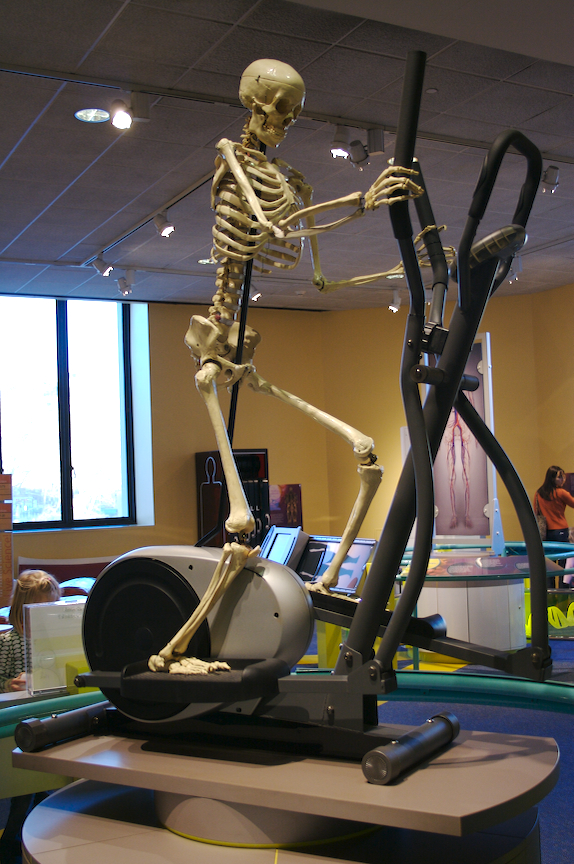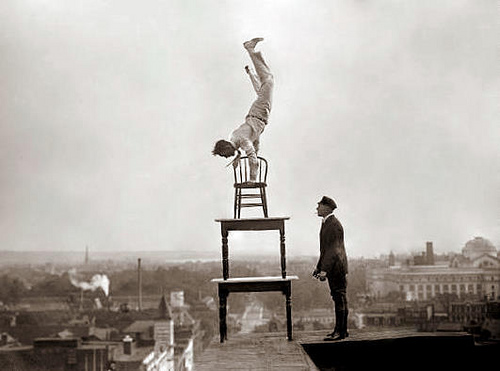Time management is a crucial component of managing day to day life. Those who aim to achieve a balance in the types of activities they do are more likely to have a better sense of overall well-being.
This balancing act is never going to be perfect, but keeping an eye on yourself and making changes if things look wobbly is the most important element. For example, if you consistently plan in more work than you can realistically achieve, or if you are totally disorganised and don’t carve out time for life’s priorities then your stress levels are going to increase.
What is a healthy balance?
When we think about getting the balance right, it means that we’ve not only scheduled study time, but have also allowed time for social activities (i.e. those which bring us into contact with others), and also those that are fun.
Stress can result from either procrastination (i.e. not making progress on work), or because we’ve spent too much time doing things that help us achieve, at the expense of the things that bring us enjoyment and closeness to others.

Some easy steps to follow to enable effective time management.
- Make a ‘To-Do’ list – This will ensure you don’t forget the things you need to do. It also helps to reduce to stress of having to mentally remember tasks. One idea is to break the to-do list down to ‘routine’, ‘necessary’ and ‘pleasurable’ tasks.
- Break large tasks into smaller pieces – It’s easy to feel overwhelmed when you have a number of big tasks to do. Breaking big tasks into small pieces will help you get started, which is often the hardest part. For example, writing an essay can be reduced to tasks such as doing research, preparing an outline, and writing an introductory paragraph. For more information check out the Assignment Survival Kit
- Prioritise your list – Focus on breaking tasks down into the ‘easiest’, ‘medium difficulty’ and ‘most difficult’. Complete the most important tasks first like going to lectures and seminars, then move down the list. Plan into your diary a mixture of routine, pleasurable and necessary activities, initially from the ‘easiest difficulty’ list.
- Reduce distractions – Make sure you are completely focused on the task at hand. For example: study in a place where you won’t encounter distractions like social media, noise, or seeing friends; you can plan in other times to socialise.

- Focus on relaxation time – To ensure you have a balance, plan in a few enjoyable/pleasurable activities a week: make time to see friends, spend time on your hobbies, exercise and relaxation. If you have these activities planned in alongside necessary and routine activities, you won’t feel guilty for taking time out for yourself.
- Don’t let how you feel determine what you do – You will notice that many of the important tasks are difficult and harder to complete. You may not ‘feel’ like doing them. It is important to prove to yourself that you can complete them. Completing important tasks feels much better than avoiding them. It is common to pursue lower priority (and more pleasurable) items to avoid facing unpleasant high priority items. Unfortunately, these tasks don’t go away and you just feel more stressed from unfinished tasks that are important to complete.
- Try not to focus on completing everything ‘perfectly’ – You will be physically and mentally unable to complete everything you do to a ‘perfect’ standard. Try to make sure tasks are completed to an acceptable level, and if you have time you can go back and revisit some of them.

- Aim for a balance in Achievement, Connection and Enjoyment – Our bodies generate a variety of neurochemicals and hormones in response to what we are doing. Achievement stimulates dopamine, connection with others releases oxytocin, whilst enjoyment stimulates serotonin, and exercise stimulates endorphins. All of these have beneficial anti-stress and anti-depressant effects.
- Keep a record of what you’ve done – By completing a weekly diary and ticking off the activities that you have done you will feel a sense of achievement and enjoyment. This is motivating and feels good.
